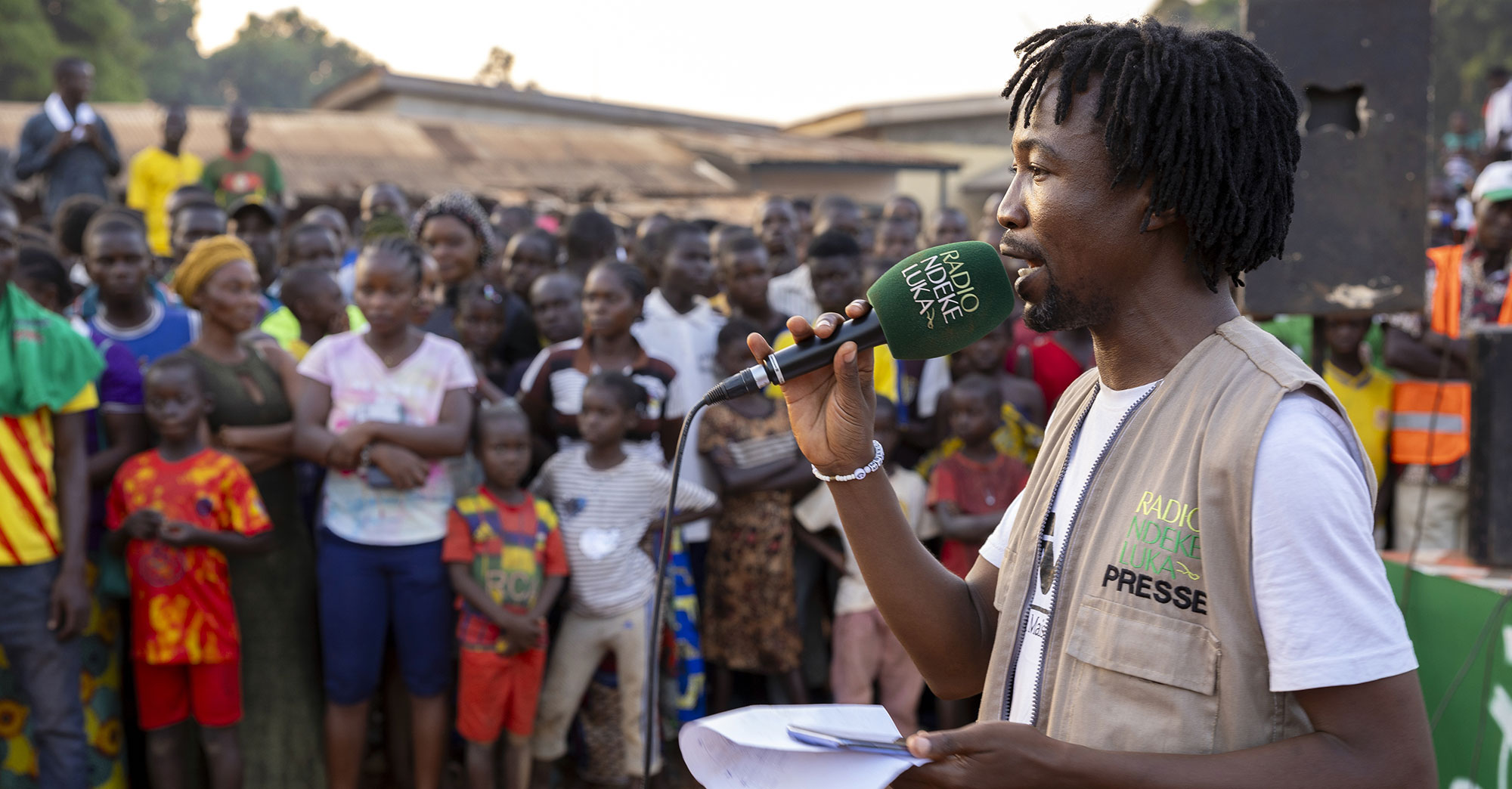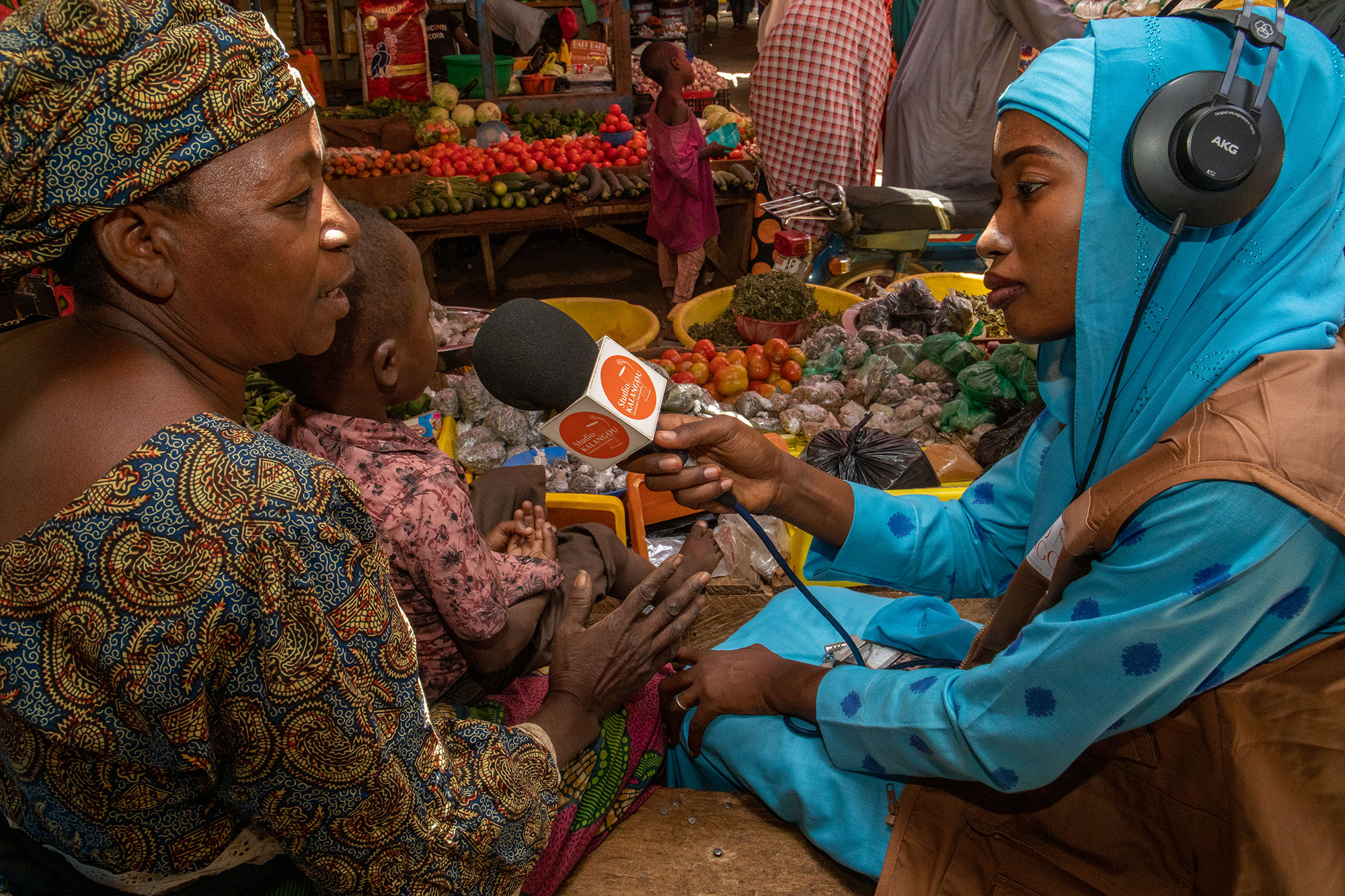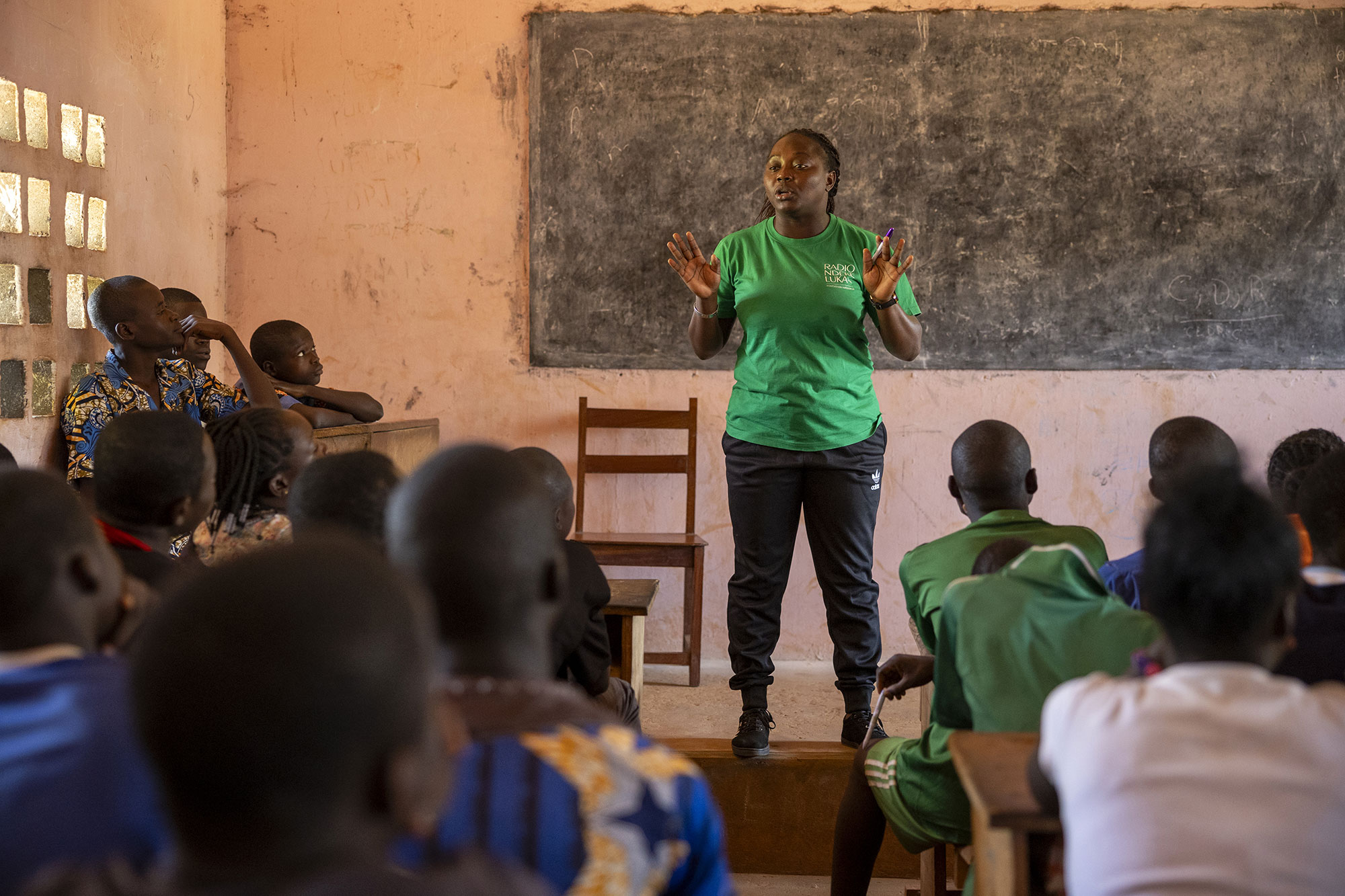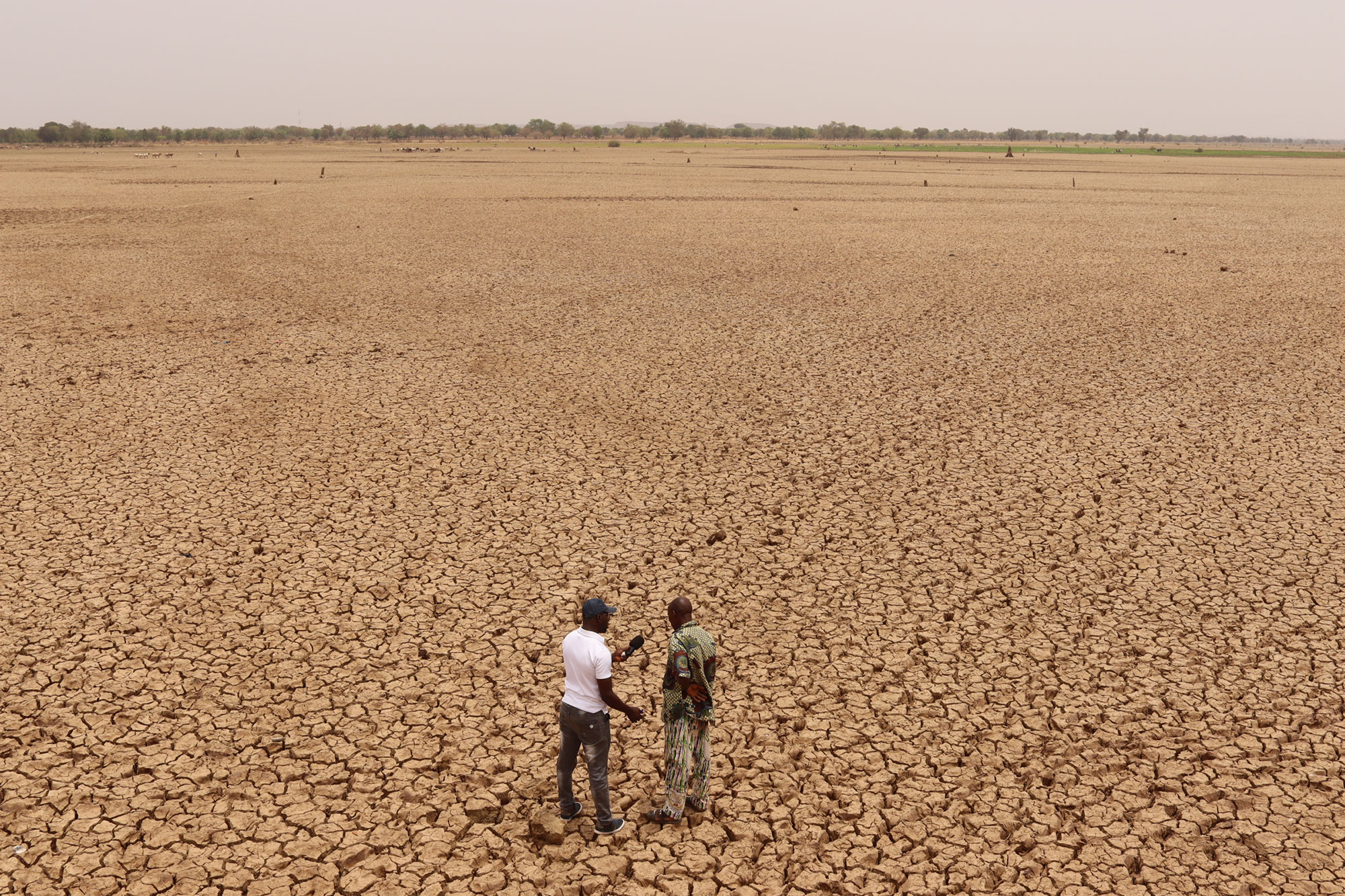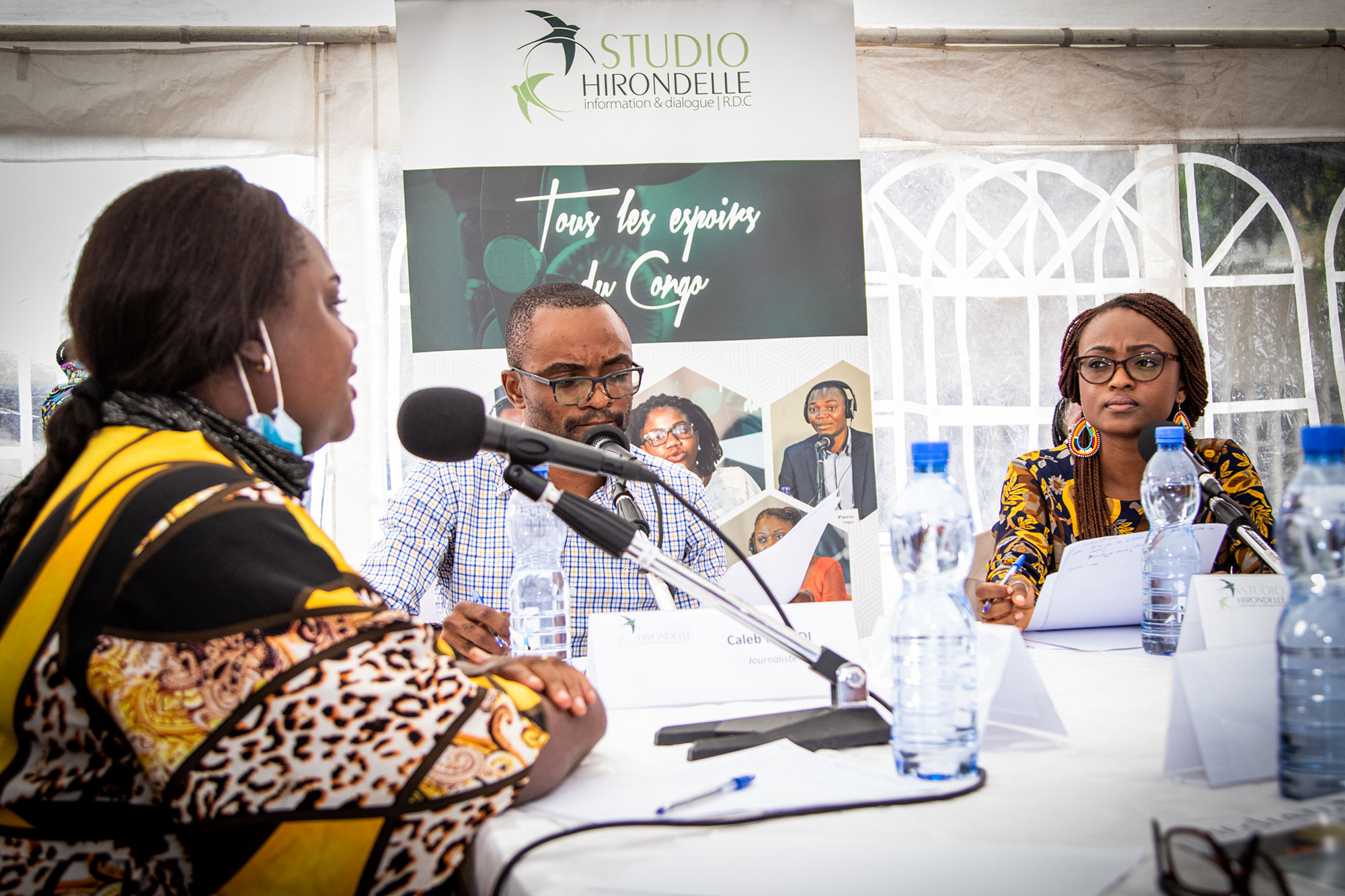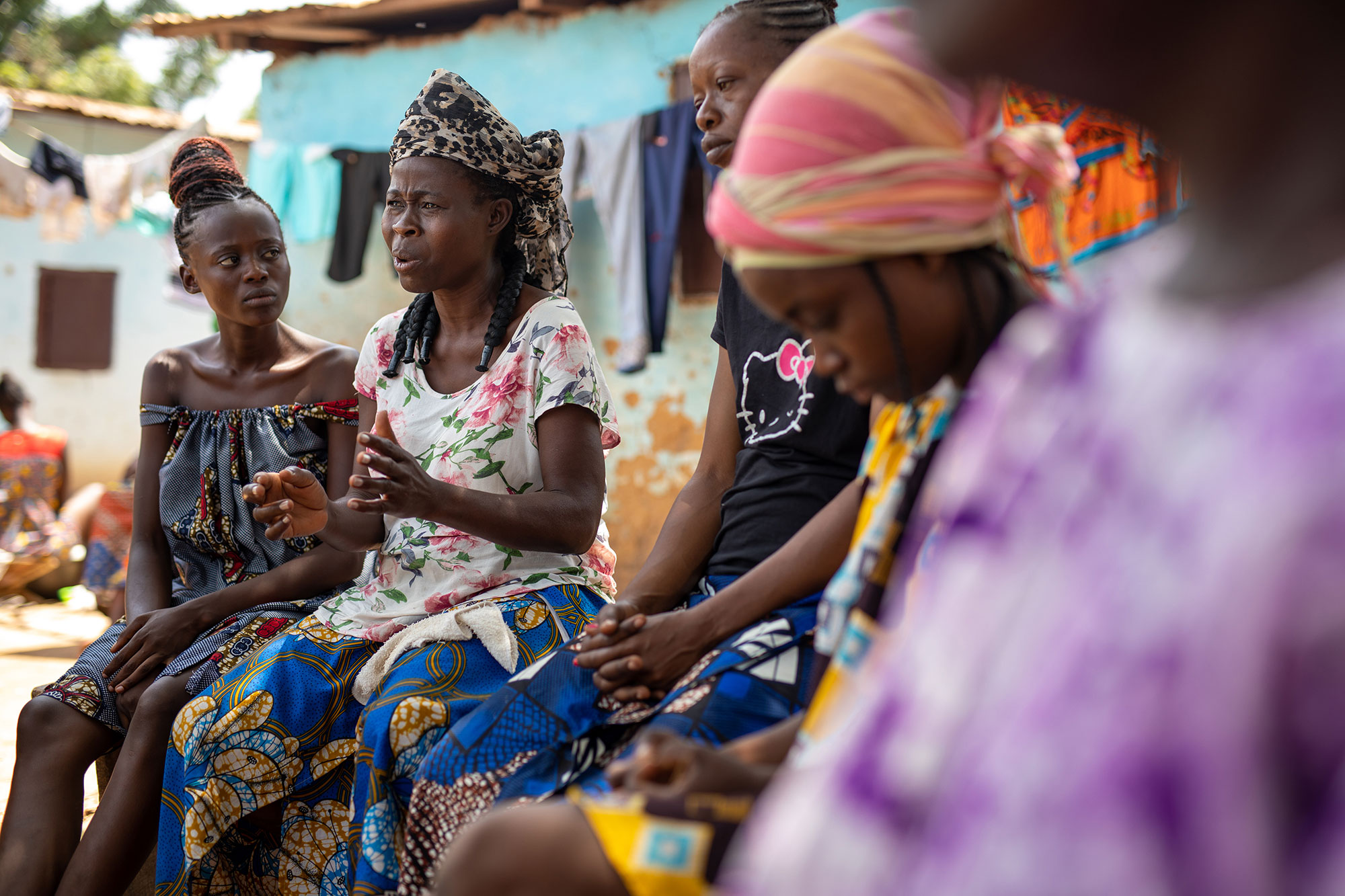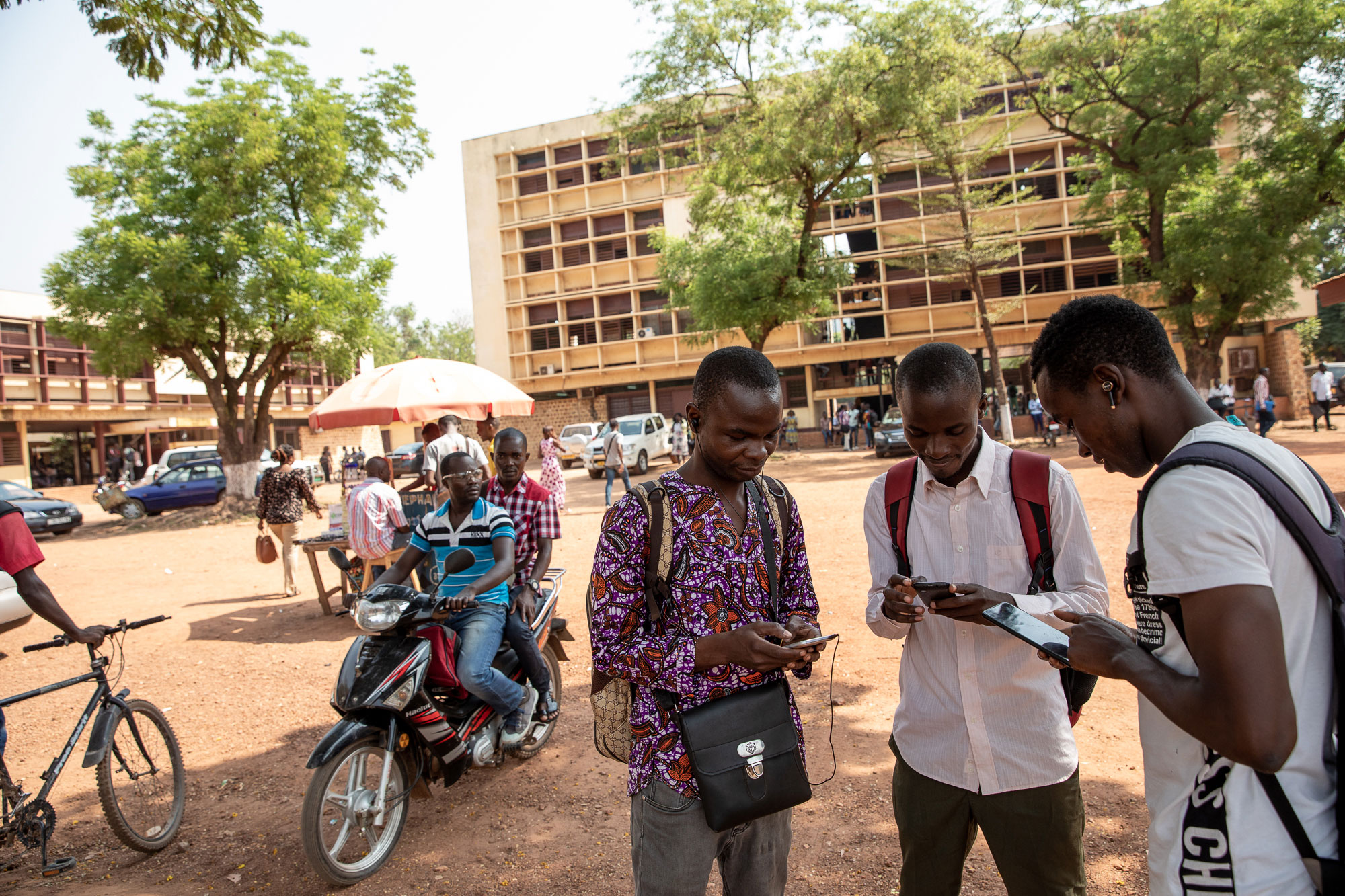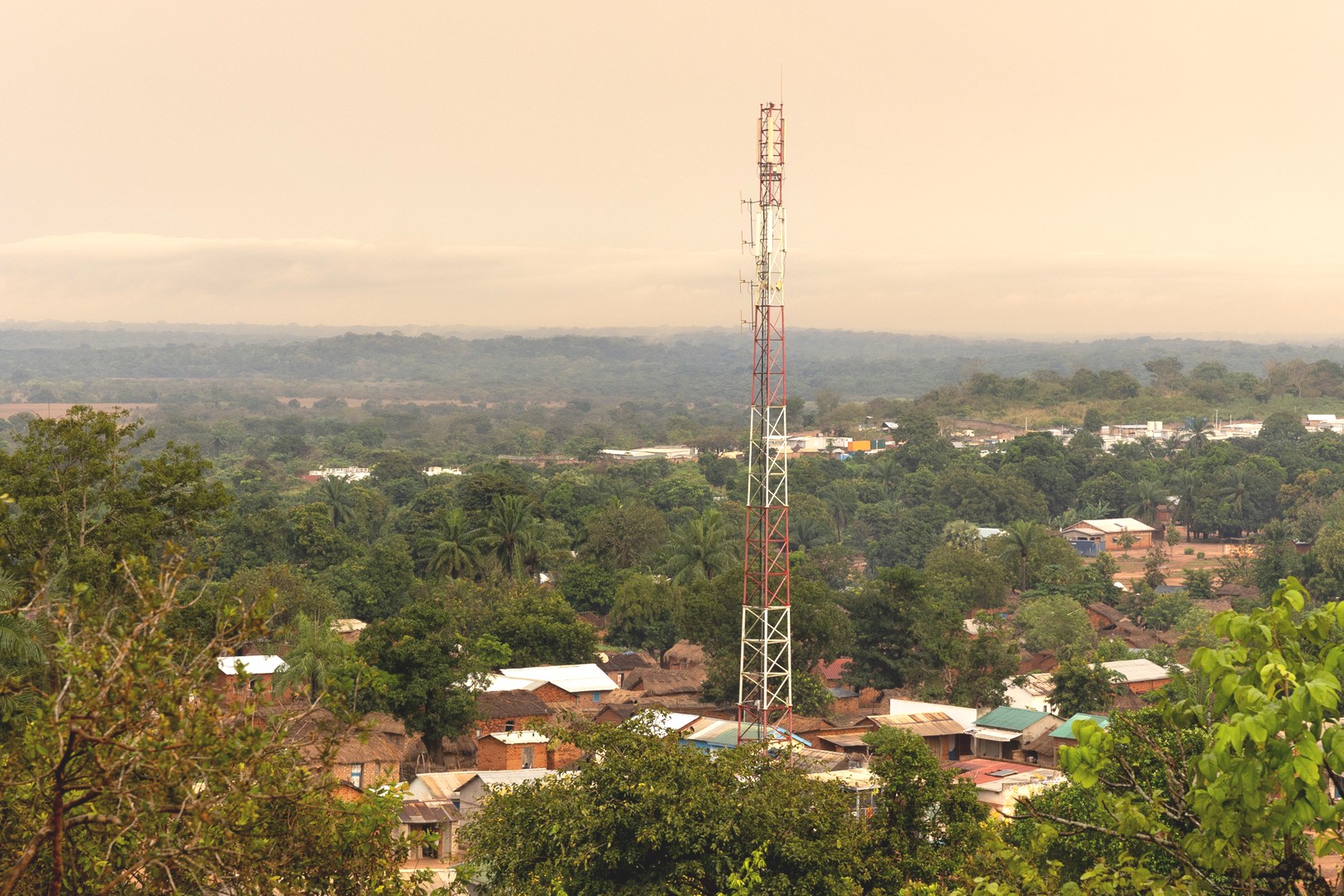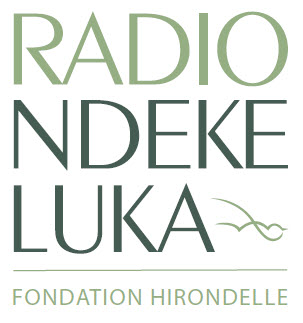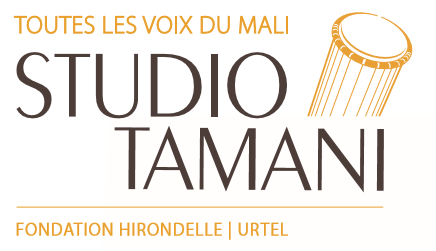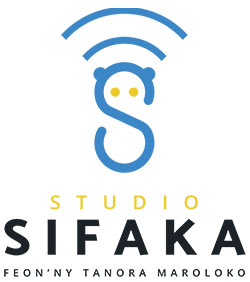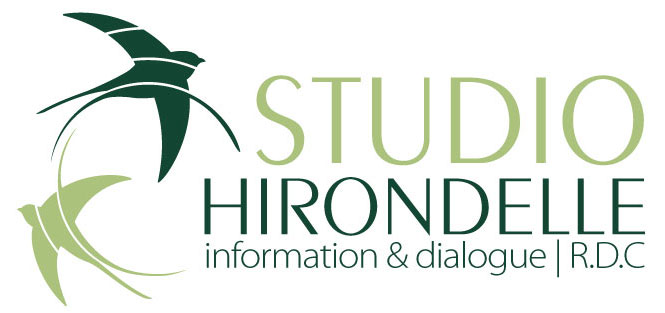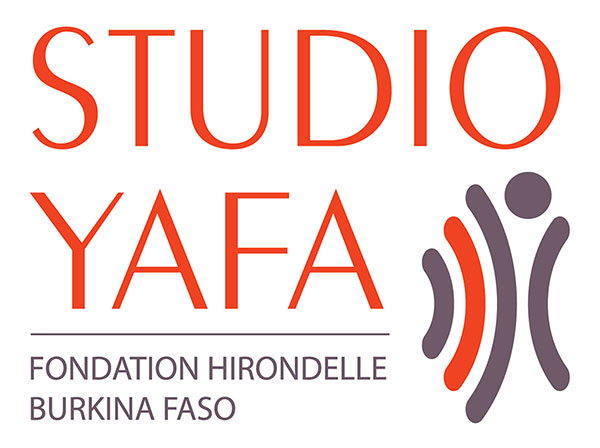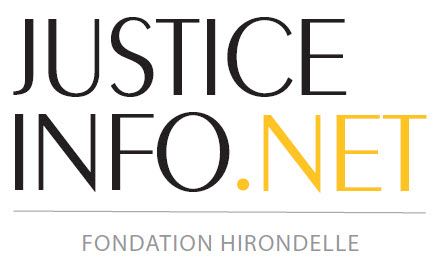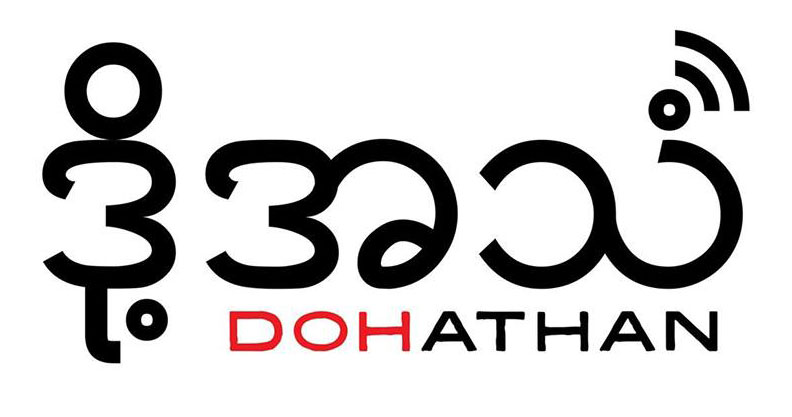Fondation Hirondelle is a Swiss non-profit organization working to ensure that people facing crises have access to reliable, local, independent information. It has been supporting local media and journalists in fragile contexts for over 30 years (since 1995).
OUR productions
OUR AREAS OF EXPERTISE
Zones OF Intervention
Key numbers
0
11
Opérations médiatiquesdans 10 pays
58
12211
Hours of audio programming(2024)
1
288
Hours of video programming(2024)
8649
Web Articles(2024)
1329500
Users of our websites(2024)
1100106
Followers on Facebook and Twitter(2024)
411
Medias supported(2024)
1134
People trained(2024)
With your help, we make a difference !
Every day, our projects provide millions of people with access to media that speaks their language and gives them a voice, addressing their concerns and most urgent needs.
Funding from public partners and the generosity of private donors enables the journalists and media that we create or support to freely pursue their work and give their fellow citizens the chance to be heard.
Your support is vital for us to sustain our efforts and support the development of new projects.
KEEP IN TOUCH
To keep you up to date with Fondation Hirondelle activities, we publish three newsletters on different subjects.
OUR MEDIA
Since 1995, we have created and developed 31 media and media programmes, in 27 countries and online. Some have been transferred to local organizations, others continue to operate under UN missions. Discover our current media.





